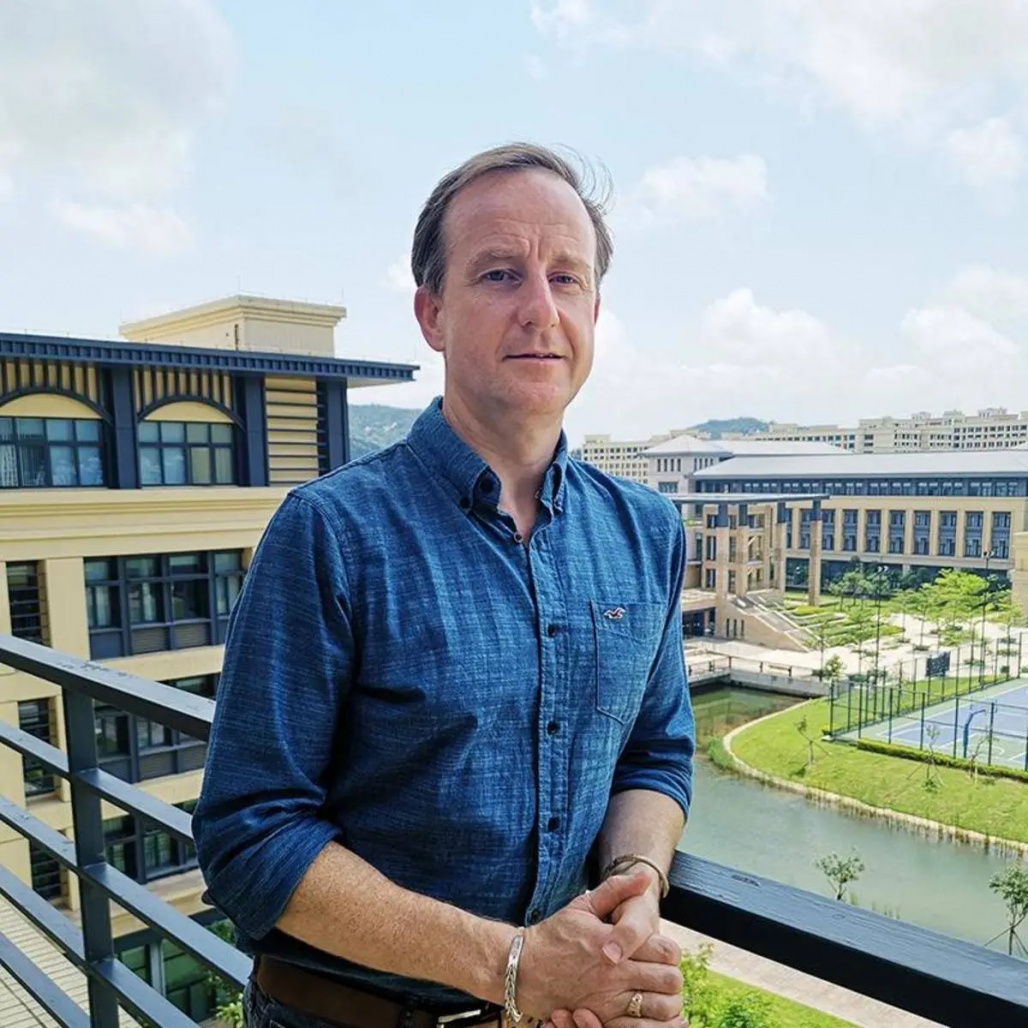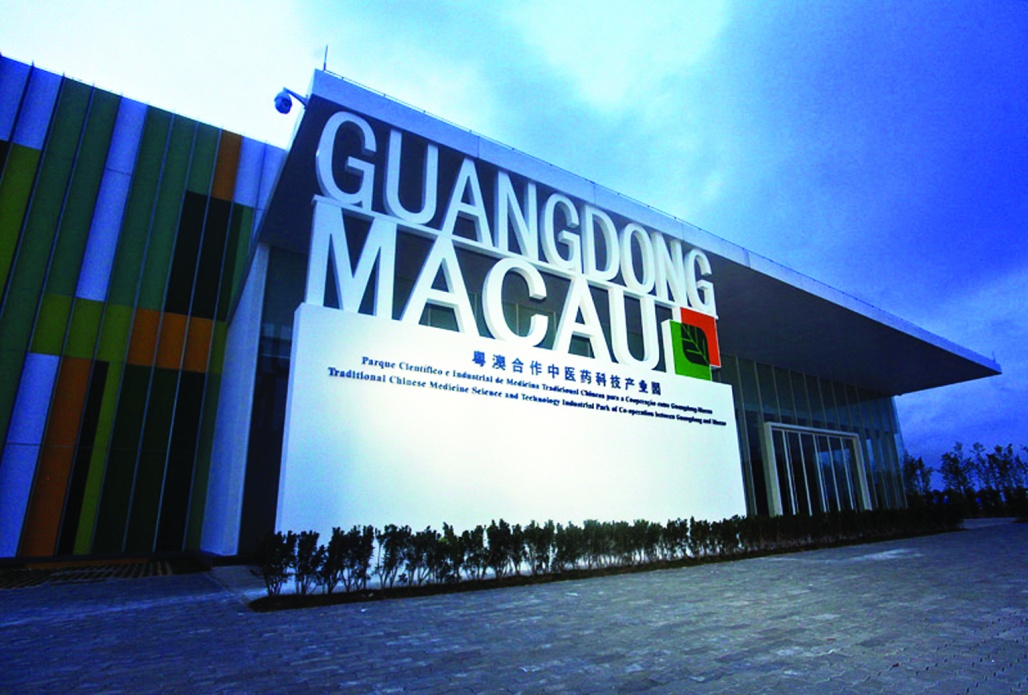
 i_need_contribute
i_need_contribute
A research team led by Professor Glenn McCartney from the Faculty of Business Administration at the University of Macau has investigated the potential of TCM in advancing medical tourism (MT)—a niche sector in Macau that holds significant growth prospects.
In their research paper, Professor McCartney, alongside Chu Feng Wang (a PhD candidate in International Integrated Resort Management at the University of Macau) and Yue Peng (a medical expert specialising in TCM and clinical oncology), highlights that “supported by the Chinese Central Government, TCM embedded into MT is a key strategy to diversify Macao’s tourism economy beyond gaming.”
They also underscore that “TCM is an intangible cultural attribute receiving increasing emphasis and support from Chinese authorities to elevate its importance regionally and internationally.”
The paper consolidates its findings by stating, “challenges and implications were presented on merging this intangible cultural heritage with Macao’s MT aspirations to present an appealing, distinct, collaborative, and sustainable tourism strategy to a wider audience in mainland China and internationally, in keeping with the new tourism vision.”
However, the authors acknowledge the difficulties inherent in achieving these ambitions, which they categorise as “obstacles to MT with TCM.”
Among these challenges, they identify “a lack of TCM professionals and a shortage of funds.” They also note broader issues, including concerns about the efficacy and effectiveness of TCM when integrated with conventional treatments.

Glenn McCartney, Associate Professor in Integrated Resort and Tourism Management,University of Macau
Furthermore, the heightened competition in the regional MT market adds to the complexity. Destinations with established reputations for holistic and alternative treatments—including TCM—pose significant challenges, particularly within mainland China.
The authors argue that “TCM development has been hindered by traditional systems and a lack of standardisation, with limited collaboration between alternative medicine practitioners.”
The research, titled Betting on traditional Chinese medicine (TCM) within medical tourism (MT) development: the case of Macao, incorporates insights from interviews with professionals and experts in the field. It highlights concerns about the need for greater harmonisation and regulatory frameworks to advance TCM integration within MT.
While various solutions have been proposed—such as educating and familiarising tourists with the therapeutic properties of TCM—the study emphasises the critical role of government support in advancing both TCM and MT.
Respondents broadly agreed that Macau’s authorities should play an active role in promoting TCM both domestically and internationally, aligning with policies expressed by Macau and mainland Chinese officials that highlight TCM as a strategic priority for MT development in the city.
The researchers remain optimistic, stating: “Holistic treatments integrating traditional and conventional medical approaches are increasingly sought by medical tourists. This study confirms factors raised in previous research.”

The authors suggest that Macau should embrace this high-level challenge, outlining “three key practical implications” that emerged from their findings, recently published in Tourism Recreation Research.
Firstly, they call for harmonisation of TCM standards within Macau and the Greater Bay Area, aligning these with regional and international regulations to “instil trust in potential TCM medical tourists.”
Secondly, they highlight the importance of resource allocation management, ensuring sustainability and ethical sourcing of TCM to avoid disruptions to supply chains or adverse impacts on local residents.
Finally, they propose establishing a collaborative TCM network involving authorities to provide professional training, financial support, and policy guidance. This network, they argue, should include the local community to ensure that existing TCM treatments are not only preserved but potentially enhanced by the integration of new combined medical treatments.
The study concludes by asserting: “This research provides the foundation for further inquiry into MT, a niche tourism sector in its infancy in Macao, and importantly includes an understanding of the perspectives of TCM practitioners and professionals, a stakeholder group critical to making MT a reality.”
This is not the first collaboration between McCartney and Wang on medical tourism. In July, they co-authored Medical tourism and medical tourists: providing a sustainable course to integrating health treatments with tourism.
[Glenn McCartney, Chu Feng Wang & Yue Peng (3 Dec 2024): Betting on traditional Chinese medicine (TCM) within medical tourism (MT) development: the case of Macao, Tourism Recreation Research, DOI: 10.1080/02508281.2024.2424985]